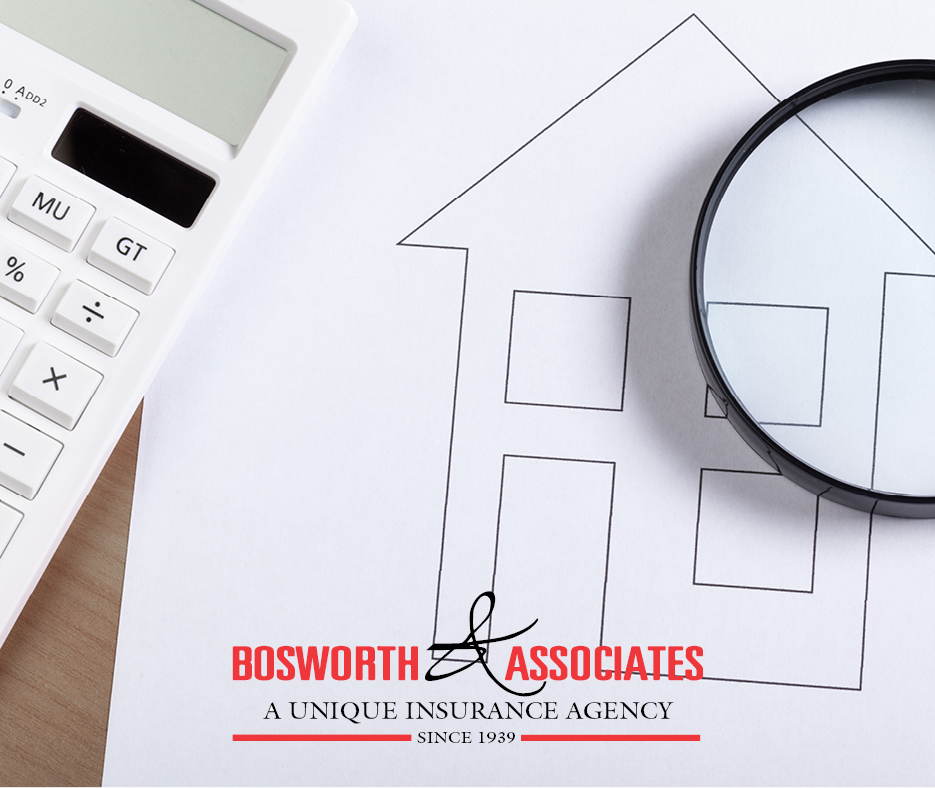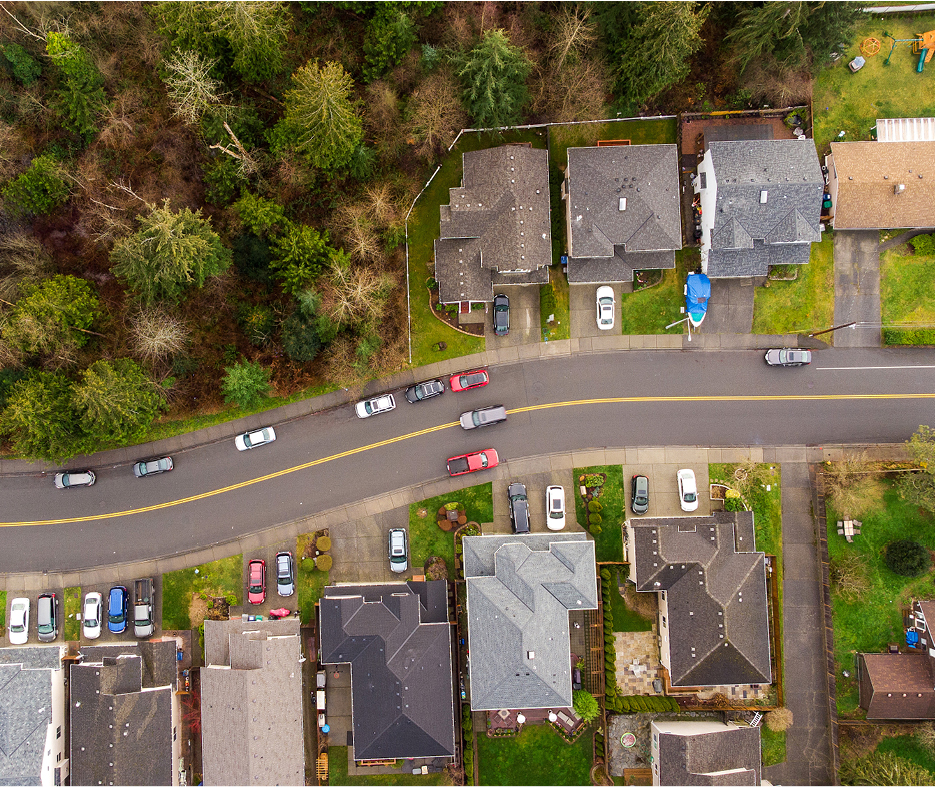
Bosworth Insurance in Tyler, Texas, understands that insurance can be overwhelming. With all the different types of insurance – renter’s insurance, homeowner’s policy, medical insurance, health insurance, car/truck insurance, etc. – learning about every aspect can be a daunting task.
Many things can impact your insurance policy, including rates, deductibles, and what’s covered. In addition, many things can impact your homeowner’s insurance premiums.
Knowing what can impact your insurance policy premium can help you influence how much you pay in homeowner’s insurance.
The list of factors includes the home’s location, replacement value, and age.
There are some things you can’t change regarding your house and the cost of the homeowner’s policy, such as your home’s location.
However, there are some aspects you can influence, which may help you pay a lower premium. Knowing these factors and controlling what you are able to will make a difference in how much you pay for your insurance premiums.
Here’s a list of factors that might affect your homeowner’s policy:
1. Your insurance deductible is the agreed-upon amount you pay to the insurance company. When you make a claim, you pay your deductible toward the loss, and then the insurance company pays the rest of the claim.
If you have a higher deductible, then your premium will be lower.
Talk to your trusted local insurance company to ensure you’re getting the right deductible-to-premium ratio for your household’s financial needs. They can help you determine what’s best for you and your situation.

Suppose your home’s location is regularly impacted by natural disasters such as wildfires, hurricanes, or tornadoes. In that case, the risk of insuring your home is larger, which means your payments will be higher.
Other things insurance companies pay attention to are the crime and break-in rates in your neighborhood, as well as your home’s relative closeness to a fire hydrant.
3. A “replacement cost” is the cost it would take to replace your home in the event your home was a total loss. Of course, that’s something no one wants to consider, but being prepared if such a terrible happens could mean all the difference in your life and the lives of your family.
Making up for the total loss of your home is only possible if you have the correct coverage amount. It can make all the difference in getting your life back after a disaster.
It’s important to have copies/photocopies of as many household financial records and receipts that may apply to replacement.
When it comes to your home’s replacement costs, there are multiple things taken into account, such as how many rooms it has, the home’s square footage, how old the home is, its age, and even the structural/architectural style of the home.
While those are the main three, many other details may be taken into consideration when it comes to your homeowner’s insurance policy:
Talking to your trusted local insurance agent can help you determine what insurance policies are right for you.
However, being informed about your situation ahead of time can help you manage the cost of your homeowner’s policy.
